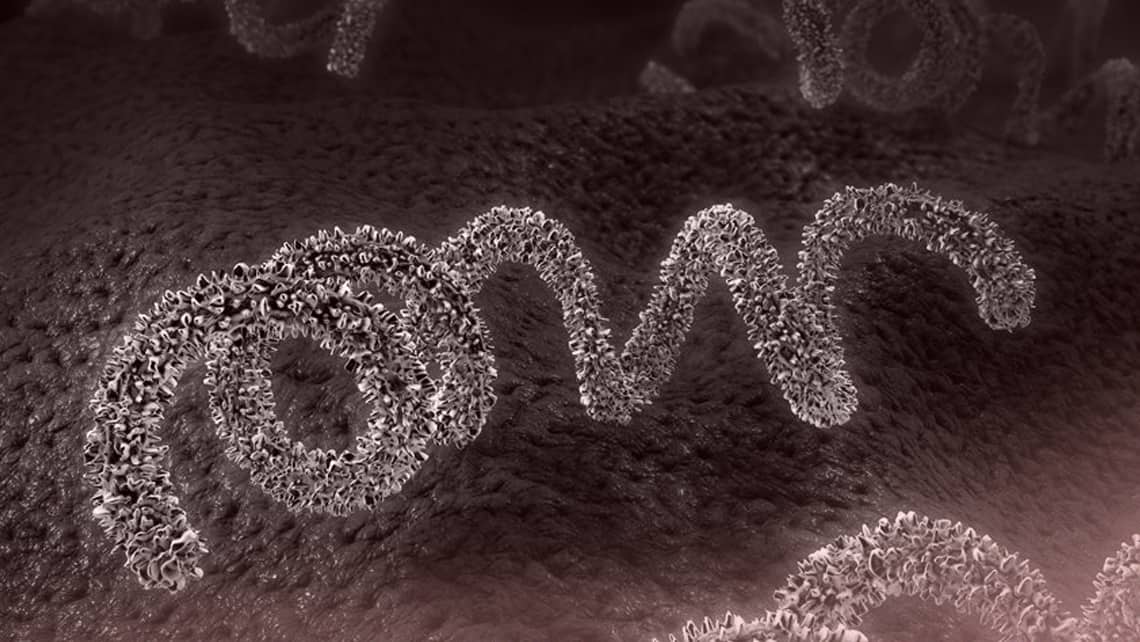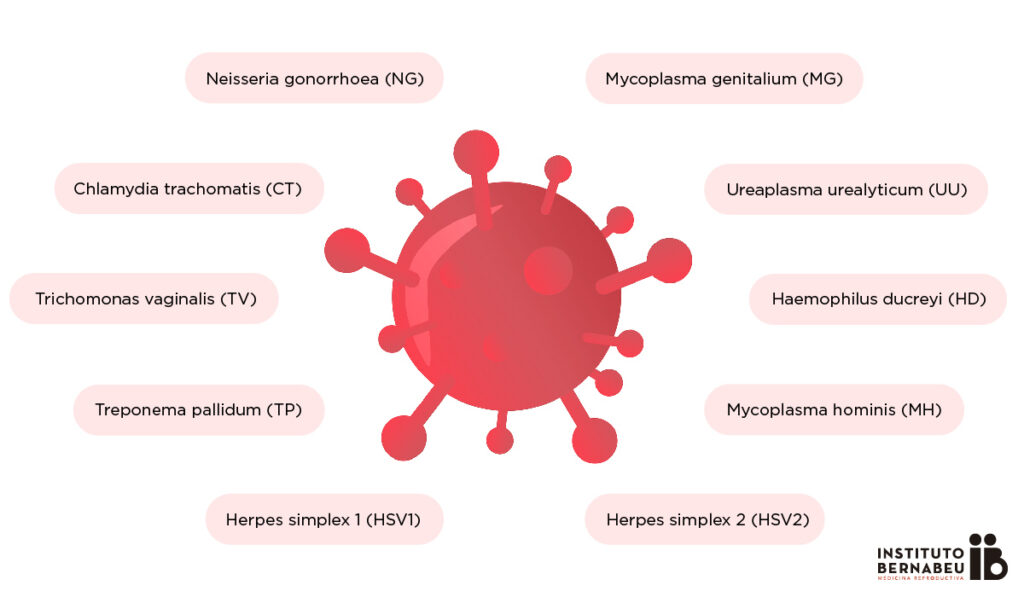
Importance of the Sexually Transmitted Diseases (STD’s) detection in sperm and egg donors
Sexually transmitted infections (STIs) are produced, in most cases, by viruses, bacteria and fungi, which are transmitted by unprotected intercourse, including vaginal, oral or anal sex. In addition, in pregnant women, they can be transmitted from the mother to the fetus, which can cause miscarriages, premature deliveries and even neonatal death.
The side effects of these diseases, which on most cases are asymptomatic (this is, the carrier person doesn’t show any symptom), may have an effect on men and women’s fertility.
Why and how we analyze the Sexually Transmitted Diseases STD’s at Instituto Bernabeu in our gametes donors
In recent years, we observe that the percentage of couples or women requesting donor gametes is increasing. Due to this increased demand and the negative implications that this type of microorganisms can generate on fertility, at Instituto Bernabeu we routinely perform an STI test on all our sperm and donors, trying to act responsibly towards the patients receiving donated gametes.
The technique used to detect STIs allows us to analyze the presence of sexually transmitted diseases that have a higher incidence in fertility. Specifically, it allows us to detect if there is the presence of DNA from microorganisms corresponding to 10 infections of this type of disease, in a single test and obtaining the result in a few days.
The microorganisms tested for are:
- Treponema pallidum (sífilis)
- Neisseria gonorrhoea (gonorrea)
- Chlamydia trachomatis (clamidia)
- Mycoplasma genitalium
- Mycoplasma hominis
- Herpes simple I
- Herpes simple II
- Trichomonas vaginalis
- Haemophilus ducreyi
- Ureaplasma ureatylicum

It may be advisable to carry out this type of test after a high-risk sexual contact, in order to not only know if you are infected but also, being asymptomatic in many cases, avoid acting as a carrier of the microorganism spreading it to other sexual partners. This would be recommended for patients who are going to undergo an assisted reproduction cycle, as well as for pregnant women.
IT MAY ALSO BE OF INTEREST TO YOU:
- The significance of sexually transmitted diseases (STDs) in fertility
- IB Research: avoiding sexually transmitted diseases in egg donors
- Blocked fallopian tube. The involvement of “tubal factor” in fertility
Dr Eva Garcia, Biologist at IBBIOTECH, part of the Instituto Bernabeu group
